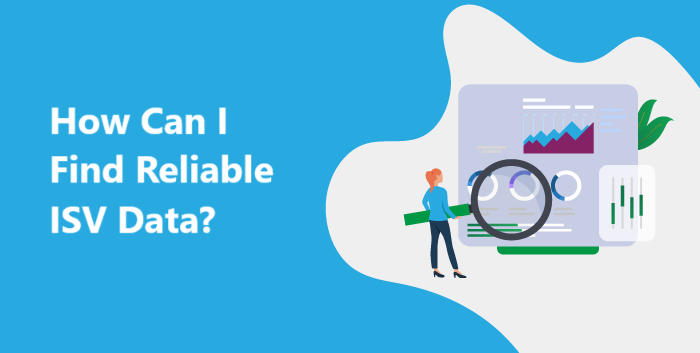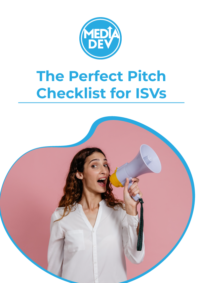Everyone’s curious about ChatGPT and trying out all kinds of queries to test the technology. We decided to ask it to write an article about ISV Marketing and this is the result…
As an Independent Software Vendor (ISV), you know just how important marketing is for your business. With a unique product or service in the market, you need to effectively showcase your offerings to your target audience to drive sales and grow your business. ISV marketing can be trickier than marketing a traditional product, but it’s not impossible. With the right strategies and tactics, you can reach your ideal customers, increase brand recognition, and drive revenue.
Below are some key marketing strategies you should consider as an ISV.
Identify Your Target Audience
The foundation of any successful marketing initiative is understanding your target audience. Knowing who is interested in your product, who needs it, and who is willing to pay for it will help guide all your marketing efforts. Be as specific as possible in terms of demographics, interests, behaviours, and pain points. Creating buyer personas based on this information will help you create targeted messaging and develop campaigns that resonate with your audience.
Develop a Strong Brand Identity
A strong brand identity sets you apart from your competitors and helps your customers identify and relate to your business. Your brand should tell a story that resonates with your target audience and reflects your unique value proposition. It includes your logo, tagline, colour palette, and tone of voice, among other elements. Consistency is key when it comes to building a brand identity, so make sure all your marketing collateral and customer interactions reflect your brand persona.
Leverage Content Marketing
Content marketing is a powerful tool for building brand awareness and driving conversions. As an ISV, producing high-quality content that showcases your product’s unique features and benefits is key. This content can take various forms, such as blog articles, case studies, whitepapers, webinars, and videos. Your content should resonate with your target audience and provide value to them. This will keep them engaged and help establish your authority in your industry, which can lead to increased sales and customer loyalty.
Utilize Social Media
Social media is an essential tool for all businesses, including ISVs. Social media platforms offer an opportunity to connect with potential customers, promote your brand, and build a community around your offerings. Focus on the platforms where your target audience is most active and engage with them in meaningful ways. Share your content, provide industry insights, ask for feedback, and run contests and promotions. Social media can also be used for customer service and support, making it a valuable tool for building customer loyalty.
Partner with Other Businesses
Partnering with other businesses is a great way to expand your reach and tap into new markets. Look for complementary businesses in your industry or within your target market and explore partnership opportunities. This can include co-marketing campaigns, joint webinars or events, and offering bundled products or services. Partnering with established businesses with a strong customer base can help you gain more traction and credibility in the market.
Final Thought
In conclusion, ISV marketing requires a targeted approach that resonates with your ideal customers. These strategies will help you build a strong brand identity, produce engaging content, connect with your audience on social media, and expand your reach through partnerships. As you develop and refine your marketing efforts, keep track of your metrics to measure your success and make data-driven decisions. With these tactics, your ISV business can become more visible, drive more leads, and achieve your desired business outcomes.








